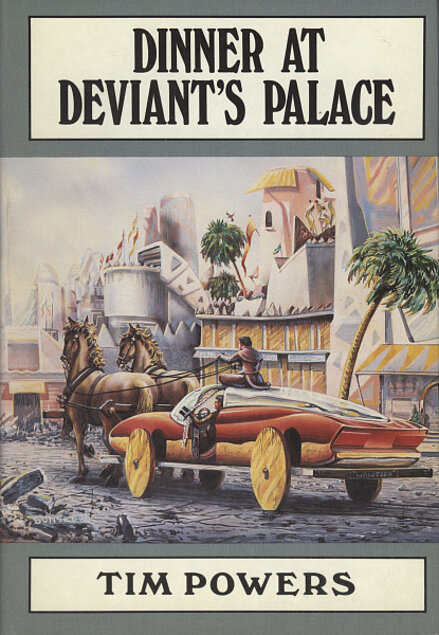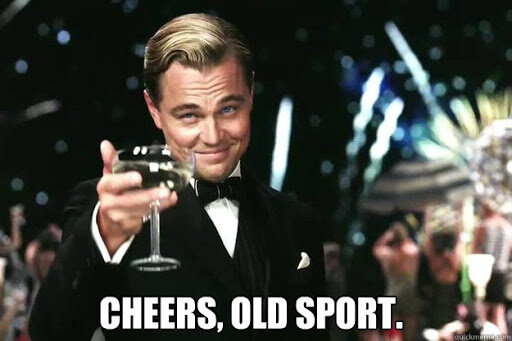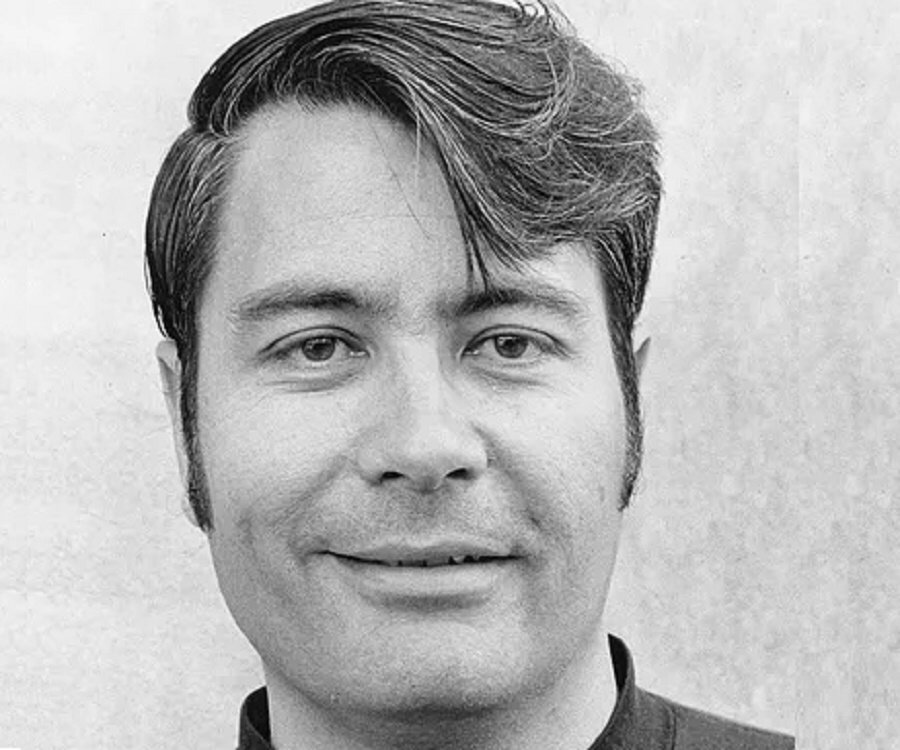Dinner at Deviant's Palace by Tim Powers Book Review
Dinner at Deviant’s Palace [Amazon link] is a bit unusual for a Tim Powers’ book, a post-apocalyptic adventure rather than a secret history. In my own mind, it has been overshadowed a bit by The Anubis Gates [Amazon link], possibly Powers’ most famous novel, released two years earlier. Yet, Gregorio Rivas’ quest to rescue his long-lost love from the cult of the Jaybirds is solid, with very classic Powers themes like the attraction of sin and the hazards of adventuring. I think this one may be a bit underappreciated, so let’s take a closer look.

Dinner at Deviant’s Palace By Tim Powers Ace Books 1985
Like Jerry Pournelle, Powers has set a number of his books in and around Los Angeles. I happen to be pretty familiar with LA, but I like this kind of thing even when it is not an area I’m familiar with. But since this is a post-apocalyptic LA, Powers gets to have some fun with the location. My personal favorite is the Ellay-Ex Deep, the circular bay that is reputed to glow in the center, and from whence radioactive delights are fished up to be served in the titular palace.

The Ellay-Ex Deep
Ellay itself is what passes for a bastion of civilization, a center of trade in a mostly agricultural landscape. Gregorio has a pretty comfortable life there, playing his violin-like pelican in a bar, drinking, whoring, and enjoying the dissipations of being a post-apocalyptic rock star. At least until a baldy sport shows up at Spinks and offers him a ridiculous amount of money to go on one last redemption.

I hadn’t been aware of the use of the term “sport” in a genetic sense until I read Dinner at Deviant’s Palace. I mostly thought of the word “sport” as a upper-crusty way of referring to a friend, like in The Great Gatsby [Amazon link]. Greg uses the term as an insult when he rejects the bald man’s offer, nearly getting himself into a duel over it. I enjoy the word play that Powers engages in here, as I suspect most native English readers would not think he was calling the man a mutant to his face. There is a lot of that in this book, and I enjoyed it immensely.
Unlike The Drawing of the Dark, I didn’t often find Dinner at Deviant’s Palace laugh out loud funny. The themes of the book are typical for Powers, but the voice is very different. It is often dry and witty, but also dark, with touches of horror. I appreciate this difference, as Greg is a very different man than Brian Duffy. Brian is a charming old reprobate; Greg is just kind of an asshole. It is possible that this book is a less popular one just because of Greg’s personality, which is distinctly unlovely.
Greg does share some traits with Brian: he’s left-handed, deft with a blade, and more than a bit of a drunkard. That latter item is in itself a common theme of Powers works. Powers himself has said that he had to give up drinking in the mid 1990s, which would have been about ten years later than he wrote this book. Not only Brian Duffy and Greg Rivas, but Scott Crane and other Powers protagonists have tended to drink to excess. For all of these characters, it fits well. Rock stars, old soldiers, and men dealing with grief often turn to drink. However, another profession that tends to be tipplers are authors, and I’ve often felt that Powers was writing from personal experience here.

Norton Jaybush makes this guy look like amateur
Yet, despite Greg’s flaws, he is not just a protagonist, but a hero. A genuine white hat. For all his selfishness and vanity, Greg does eventually agree to try and redeem the daughter of the richest man in Ellay [although not without attempting to drive a very hard bargain first]. Because Greg cannot abandon Urania to the tender mercies of the Jaybirds. He knows what they are like, because he was one.
Greg was the best redeemer in Ellay because he knew Norton Jaybush and his followers, the Jaybirds, well enough to infiltrate the group and spirit away new recruits before their minds were ruined. In a providential twist, Greg’s personality equips him well for this role [and his drinking and talent for music come in handy too]. However, Greg is retired from redeeming for a reason: adventuring is a young man’s game.
Greg Rivas isn’t old by any stretch, but I do appreciate Powers’ lively sense of what it means to age. Greg’s knowledge is just as relevant as ever, but when success or failure depends upon the quickness of your knife and how long you can go without sleep, even getting into your thirties is going to lower your odds.
That Greg agrees to do this at all, given that he knows he has a good chance of failure, is why I see Greg as a hero rather than an anti-hero. Little does he realize the price he will pay. In addition to Powers take on getting old, it is rare for a Powers protagonist to make to the end of a book with all of their bits intact. And yet, for all the physical peril that Greg faces, dying is far from the worst thing that could happen to him.
Greg’s quest is both enabled and undermined by his incipient dissolution, and his fate hinges on: who is Gregorio Rivas? Come along on an adventure and find out.
My other book reviews | Reading Log
Other books by Tim Powers



Comments ()